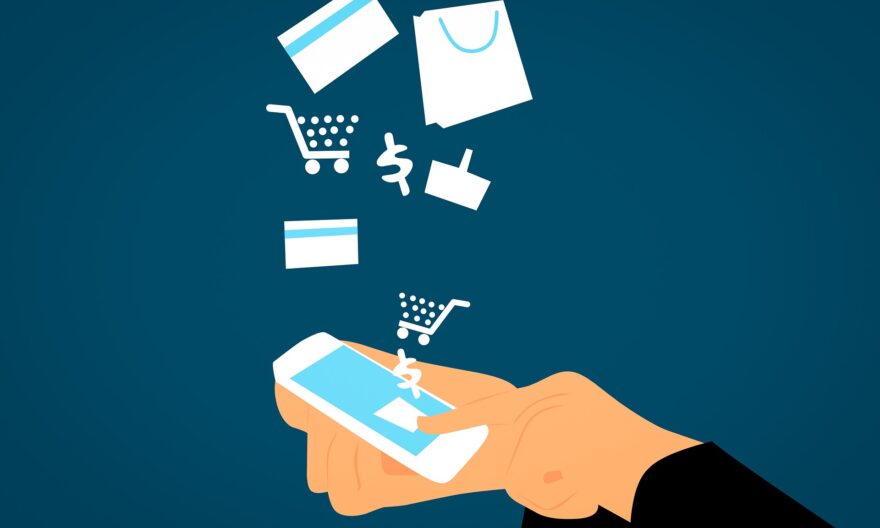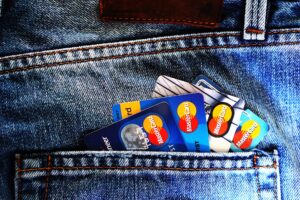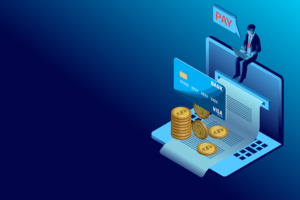
Buy now, pay later (BNPL) services have become more popular in the last few years, and many people view them as an alternative to high-interest credit card debt. However, consumer groups are now raising concerns about the lack of regulation for BNPL apps.
In a joint letter to the Consumer Financial Protection Bureau (CFPB), 77 consumer and community action groups called for more regulation on these products. They warn that BNPL schemes can be risky and could lead to rising consumer debt.
The letter states, “BNPL products have largely evaded oversight by federal and state regulators. Although these products could have a place in meeting consumer needs if they operate as promised, they pose a risk to consumers and should be covered by basic consumer protections.”
What is buy now, pay later?
Buy now, pay later is offered to consumers as an alternative to credit card debt. Instead of making a purchase on their credit card, the customer uses a BNPL app for their purchase.
In most cases, the customer needs to make a down payment on the product, then the rest is paid for on finance which is paid back in regular payments until the debt is cleared.
Although it’s popular with many consumers, the letter claims that for many people, the service isn’t working in the way that it should. Additionally, there are no clear guidelines on underwriting the loans or making affordability checks before the consumer makes the purchase.
Another issue raised by the consumer groups is that some BNPL services have hidden fees and they don’t make the costs clear, which can be confusing and some consumers end up with debts they can’t afford to pay back.
“Marketing of Buy-Now-Pay-Later credit is enticing, with promises of instant approval and no impact on a consumer’s credit,” said the groups in the letter. “However, many providers are not conducting meaningful underwriting to assess a borrower’s ability to repay, allowing consumers to accumulate unaffordable amounts of debt.”



